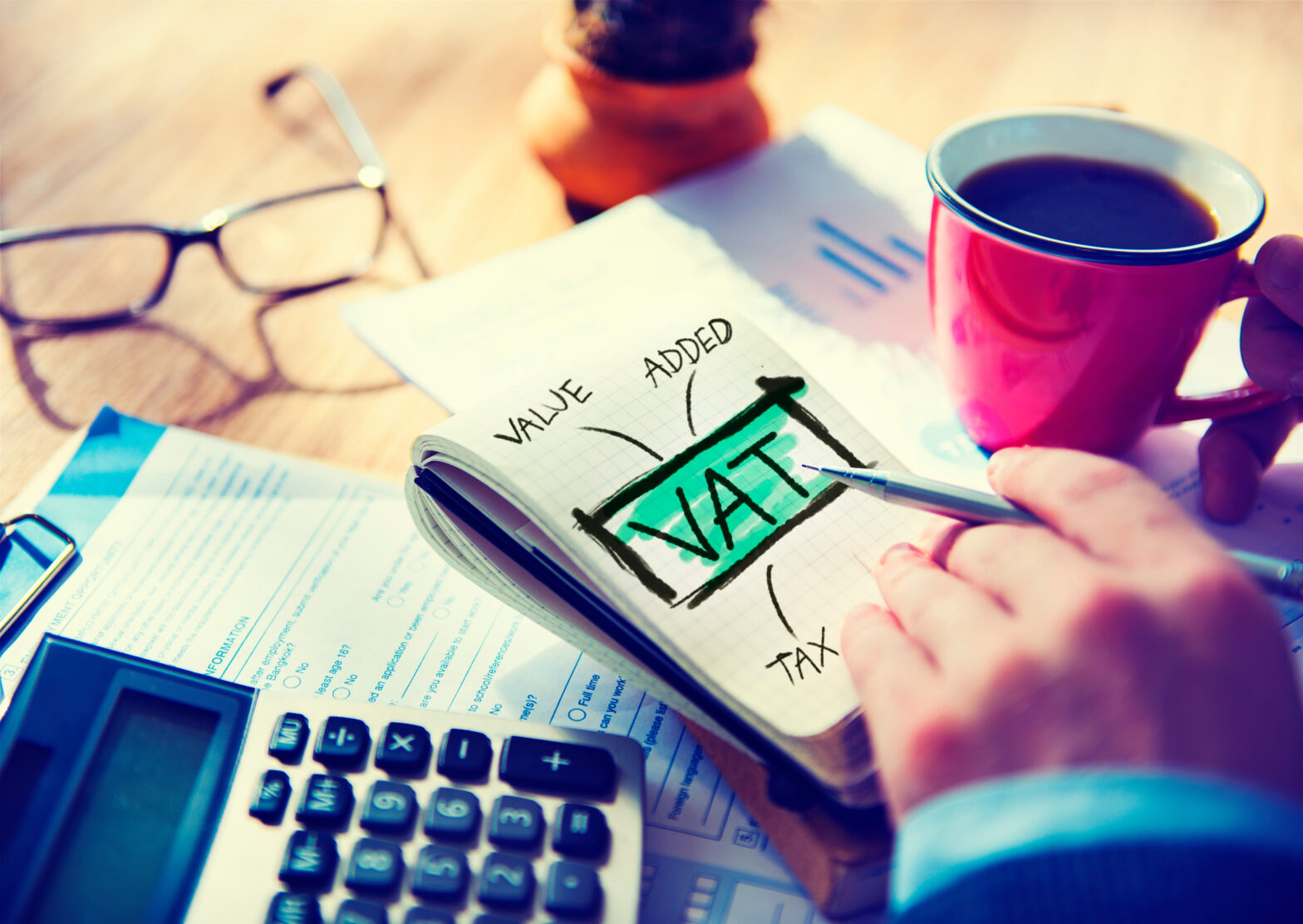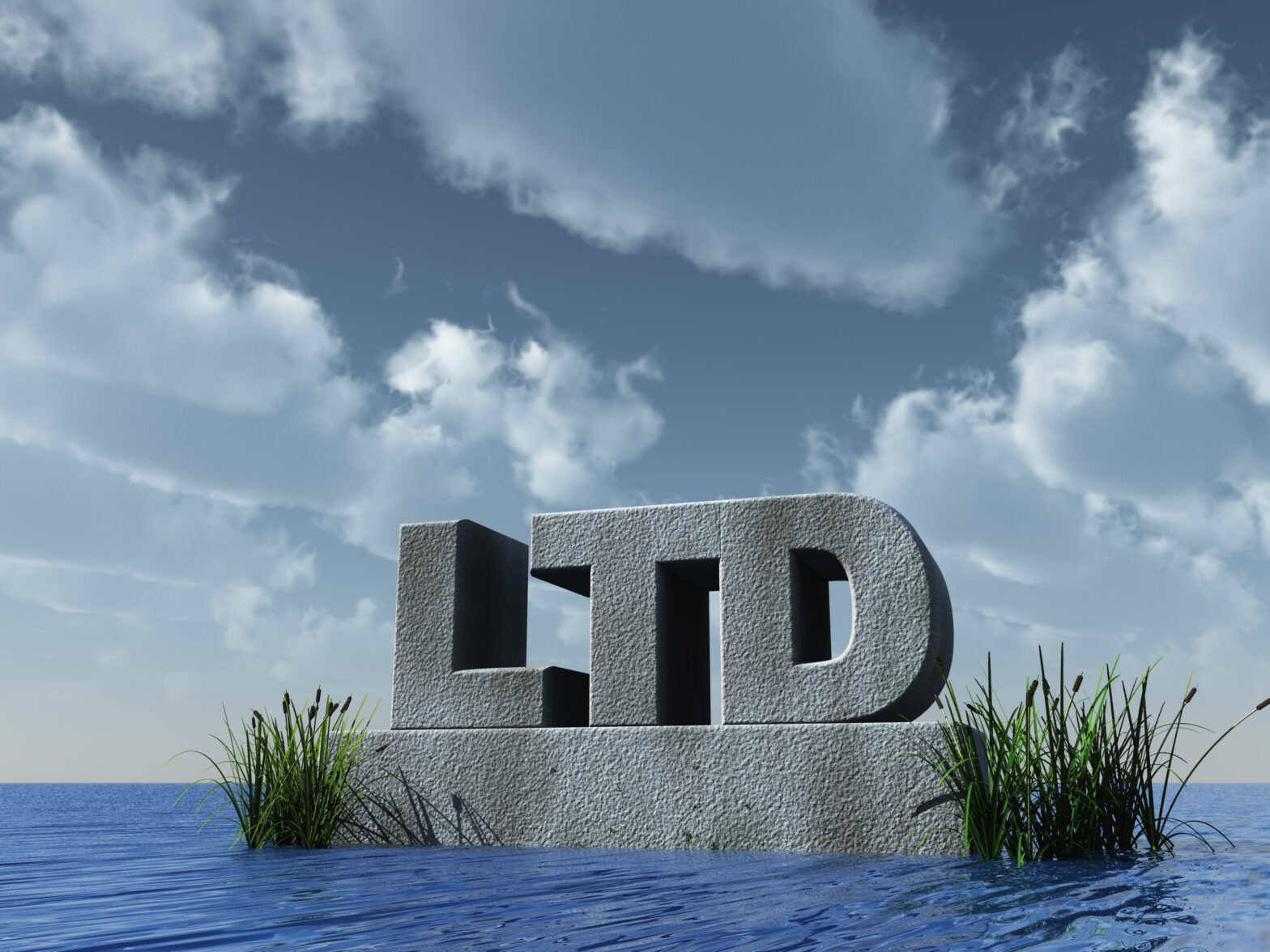Setting up in business is a great new chapter in anyone’s life.
As well as the exciting stuff like naming your business and finding new customers, you also need to make sure you stay on the right side of the taxman and the law, and part of this is picking the right structure for your new business. Asking “What is a sole trader?” compared to a limited company is an important consideration.
Here, Emily Coltman investigates one very popular structure for new business owners: the sole tradership.
What is a sole trader?
Being in business on your own, if you don’t set up a limited company at Companies House to run your business through, then by definition, you’re a sole trader.
When you’re a sole trader, you are self-employed, and legally, you and your business are one and the same. We’ll explore what that means in a bit more detail shortly.
How do I register as a sole trader?
You need to register online with HMRC here – so that they know about your new business and expect regular tax reports from you.
What do you mean, tax reports?
At the moment, all business owners in the UK have to fill in a document called a tax return and send it to HMRC every year. It’ll contain details of all your income, including any profits that your business makes.
From 6 April 2024, sole traders will have to report their figures to HMRC once a quarter plus extra at the end of the year instead, under a system called Making Tax Digital for Income Tax.
What numbers do I need to tell HMRC?
You’ll need to choose a date every year that you’re going to prepare your business accounts to. This is called your accounting year end, or year-end for short. The simplest year end for sole traders is 5 April because that matches the UK’s tax year.
For now, each year, you’ll need to add up your business’s income and day-to-day running costs, and report them to HMRC on your tax return, on a set of pages in the tax return called “self-employment”. Using a straightforward online accounting application like FreeAgent can help you through this process.
The reporting under Making Tax Digital (MTD) will be broadly similar to this, except that you’ll need to do it more often.
My friend is setting up his business as a limited company. What are the differences between that and a sole trader?
Good question!
The fundamental difference is that when you’re a sole trader, you and your business are legally one and the same, as we saw above. But if you’re running your business through a limited company, the company is a separate legal entity from you. You will most likely be a director of the company (you run it), and also a shareholder in the company (which means you own all or part of it).
That legal separation impacts on a lot of what we’re about to see.
‘The fundamental difference is that when you’re a sole trader, you and your business are legally one and the same’
Emily Coltman, chief accountant FreeAgent
Advantages of incorporation
Turning your business into a limited company is called “incorporation”. Here are the advantages:
Tax savings
You may well be able to save tax overall if you run your business through a limited company, especially once its profit goes over about £50,000 a year, plus small companies do not have to make tax payments on account.
These savings come about because, as a sole trader, you pay income tax at 20 per cent, 40 per cent or 45 per cent on your profits (the rates may be different if you are based in Scotland or Wales), and also class 4 national insurance at 10.25 per cent or 3.25 per cent (in both cases the rates change as your profits increase, and the national insurance rate is expected to reduce back to 9 per cent/2 per cent when the Health and Social Care Levy is separated out).
But until its profits go over £300,000 a year, a limited company pays corporation tax on those profits at 20 per cent, and no national insurance. You can take money out of the company as dividends, so long as it has enough profit to cover those dividends, and again, you’ll pay no national insurance on those dividends.
This is less effective when your profits are lower because, depending on your other income, as a sole trader you may have a personal allowance to put against your business’s profits. Limited companies are not entitled to a personal allowance.
It’s important to discuss potential tax savings carefully with your accountant and ask them to crunch the numbers for you to quantify what you could save, as your situation will be different depending on whether you have any other income.
Limited liability
Because a company is a separate legal entity from you, it can own equipment, incur debts, and pay bills in its own right. That means that, if you’re running your business through a limited company and the company is sued, your own personal assets, such as your house and car, cannot be seized to pay the debt, unless you have given a personal guarantee to a company creditor (say if the company borrowed money from the bank and you undertook to pay the loan back if the company couldn’t).
When you’re a sole trader, on the other hand, your own assets could be seized to pay a business debt, because you and the business are legally the same entity.
Some costs attract more tax relief
When you’re running your business through a limited company, certain costs are given more tax relief. For example, a limited company can pay for food and drink for its employees when they’re out and about – and you would almost certainly count as an employee of the company.
But for a sole trader, the rules are more restricted; you can only claim tax relief on the cost of food and drink when you’re travelling on business if the journey involves an overnight stay, or it’s outside your normal working pattern, or your business is by nature itinerant – that is you spend time on different client sites and not too long at any of them, for example you are a jobbing gardener or chimney sweep.
More attractive for inward investment
Potential suppliers and investors may well view your business as more commercial and serious if you run it through a limited company. When you are a sole trader, there is no way anyone else can buy into your business unless you turn it into a partnership, but it is fairly easy to sell shares in a limited company to an investor.
Disadvantages of incorporation
It’s very important not to think only of the potential tax savings and risk incorporating without seeing the full picture.
Here are the key disadvantages of running your business through a limited company.
Potential tax costs
Because the company is a separate legal entity from you, you can’t draw money out of its bank account freely, unlike when you are a sole trader – as a sole trader, you can take as much money out of the business bank account as you need to, and this doesn’t affect how much tax you pay.
There are only three ways that a company can legally pay you money. It can pay you a salary for the work you do; if it has enough profit to do so, it can pay dividends on the shares you own; and it can pay you back for any expenses you personally incur on its behalf, such as if you buy a train ticket on your own credit card to visit a client.
If you take money out of the company over and above these three options, then you could have extra tax to pay.
Also, if you are a sole trader and your business makes a loss, you may well be able to use that loss to save tax on your other income. When a company makes a loss, it can only use that loss against its own profits. So if you have a job as well as your business, and your business makes a loss, then if that business is a sole trade, you may be able to get back some of the tax you’ve paid on your salary. You won’t be able to do that if your business is a limited company.
More different kinds of paperwork
One of your legal responsibilities as a director of a company would be to file the company’s paperwork on time.
As a sole trader you currently only have one document to file with government bodies each year – your tax return – though this of course will change when Making Tax Digital starts. A limited company with one director already has, between them, at least four documents to file each year.
The company must file a set of accounts and a document called a confirmation statement each year at Companies House. The company must also file a corporation tax return with HMRC, and each director must file a personal tax return. As you would almost certainly be an employee of the company and take a salary, you will have to register the company as an employer, and it will need to operate a payroll for you. Sole traders, being self-employed, do not need to have the business operate a payroll unless they take on staff.
All this means that either you will have to spend more time preparing and filing the paperwork yourself, or that your accountancy fees will be a good deal higher after incorporation.
‘If you are looking for the simplest structure for your new business to start with, that would be sole tradership’
Emily Coltman, chief accountant FreeAgent
Lack of privacy
The company’s accounts and confirmation statement, once they’re filed at Companies House, are in the public domain and available for anyone to see on sites such as FullCircl. This means that not only are your figures visible, but also the company’s registered office address. For sole traders, there is no such lack of privacy.
As you can see it’s not a clear-cut choice. We recommend you take time to weigh up the pros and cons and discuss them thoroughly with your accountant, but if you are looking for the simplest structure for your new business to start with, that would be sole tradership.
Emily Coltman FCA is chief accountant at FreeAgent, which provides accounting software for small businesses and accountants





